The first episode of Mushk was mysterious; the second ventured into the suspense territory whereas the third and latest episode gets all dramatic, making it perhaps the only complete drama currently on air. Not only does every character has a back story, they also have a purpose which is usually missing on our TV where black is black, white is white and grey is seen less and seldom. With so many characters to manage, Imran Ashraf and Aehsun Talish do a fantastic job as writer and director; what makes their actions even more commendable is that both are appearing in front of the camera as well.
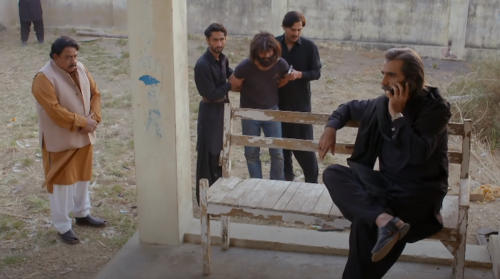
The Plot
With Shayan (Osama Tahir) escaping from his uncle’s jail, everything moves quickly until he is apprehended mere inches away from the haveli where Mehek (Momal Sheikh) lives. It is revealed that his uncle Muqaddar Khan (Aehsun Talish) destroyed his passport so that he can’t return to England, and throws him in jail until he agrees to marry his daughter who is 15 years his junior.
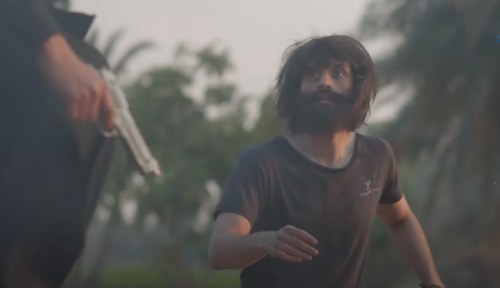
While Mehek’s life was in turmoil due to Shayan’s absence, Guddi (Urwa Hocane) adds more fuel to the fire by standing up to the Tayi (Zara Tareen) and angering her so much that she kicked her and Mehek’s baby out of the house. Then there is the strange case of two lovebirds (Saher Khan, Raza Talish) who were arrested from an internet café along with others. How are they linked to the main story featuring Adam (Imran Ashraf), Mehek, and Shayan? How does Guddi feature in all of this melodrama? Why is the Tayi always angry? How did the unfaithful Taya (Hasan Ahmed) end up in bed and how does the other prisoner (Sohail Sameer) fit in all that?
The Good
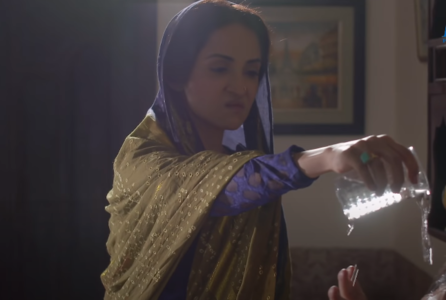
The third episode belonged to Zara Tareen and Aehsun Talish; they made looking bad so good that you feel sympathy for them. Zara Tareen’s Tayi might be nursing a bedridden husband but when he was fit, he used to beat her mercilessly and bring strange women to their house. If you look at Muqaddar Khan's character played by Aehsun Talish, he just wants his daughter to stay in the family after marriage, and since his nephew is the last remaining single male relative, he is the obvious choice despite being 15 years her senior. Both the talented actors fit the characters and do a brilliant job and make you forget their previous works, coming across as fresh and fit for the job assigned to them.
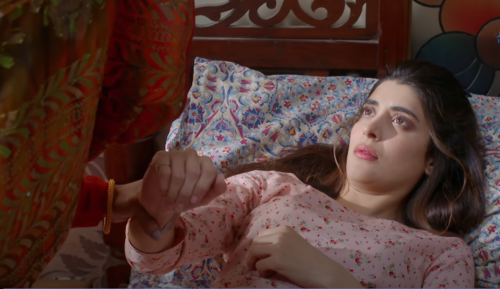
The criminally underrated Hasan Ahmed may have a couple of scenes in the play but he shows his acting prowess by being helpless in one scene, and hopeless in the other. Although the main story still revolves around Osama Tahir, Urwa Hocane, Momal Sheikh and Imran Ashraf, they appear in fewer scenes, because the story demanded a shift that would make it more interesting. Kudos to Imran Ashraf the writer for favoring others in place of himself, and writing dialogues according to the characters and not just as a writer. Ali Zafar’s OST fits the mood perfectly as well, and it would be incorrect to say that the audience doesn’t wait for the composition to appear in any form – sad, romantic or instrumental – to make their day.
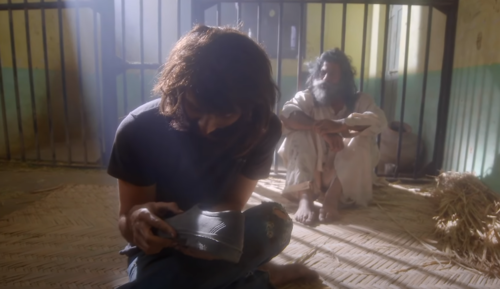
The Bad
Just like he did in Tabeer, Imran Ashraf the actor is hardly anywhere to be seen in Mushk; he comes for a scene and then disappears only to appear in another unrelated scene. It might be good for the drama but not for the audience who are watching the drama because of him. Yes, the drama did tackle two very important issues in our society – the internet café culture and the lame suicide attempts – but wouldn’t it have been better had they been less romanticized. One hopes that Raza Talish threatening to bleed himself to death would not provoke our local Romeos, nor would his ‘sharing the cubicle act’ with Saher Khan that resulted in their getting arrested. Last but not the least, Osama Tahir’s make up looks too fake, a little better make up would have gone a long way!
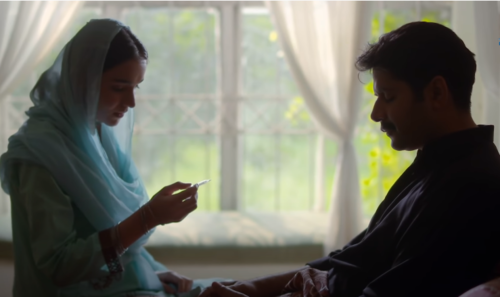
The Verdict – Mushk continues its ascent with powerful characters
Mushk is anything but a waste of your time; it brings together two eras of Pakistani dramas – the Golden Era and the Modern Era – adding characterization in the midst to make it all the more interesting. What is seen on the screen are characters and not actors, making it a job well done for the writer and the director. The dialogues are meaningful and interesting, and some even stay with you after the episode ends. Everyone from the main lead to the supporting cast comes out as people who should be on TV than those who want to be on TV. The mystery, the suspense and the intriguing elements are well disguised by the intelligent script, and it seems that in the coming episodes, an explosion will occur in the form of twists that will blow the audience away!
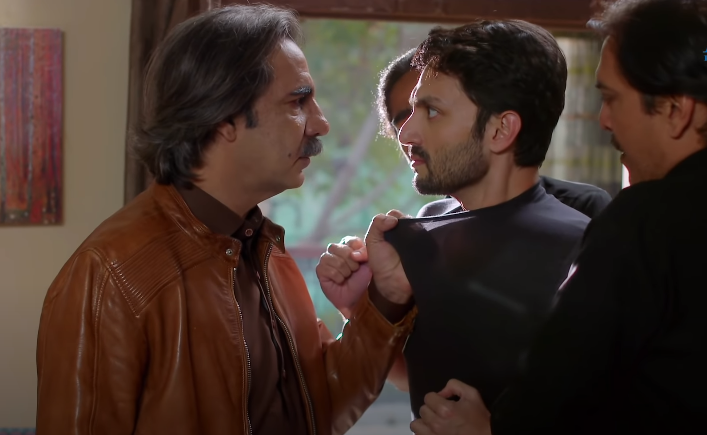
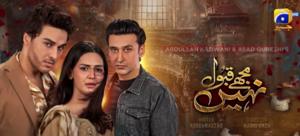
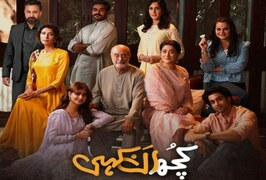
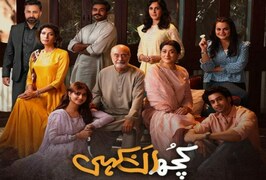


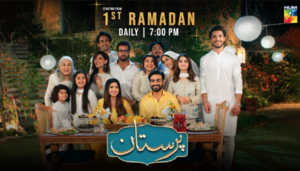
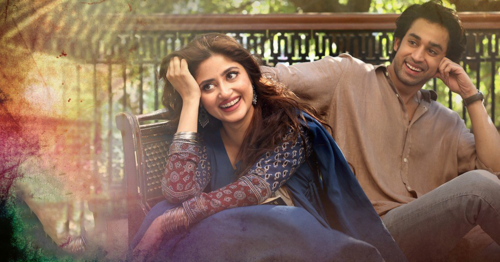
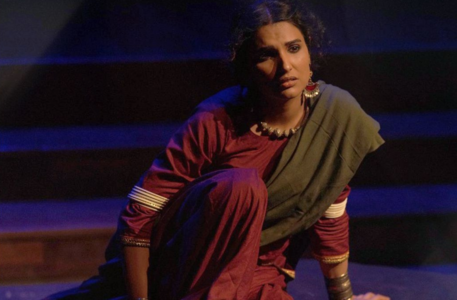

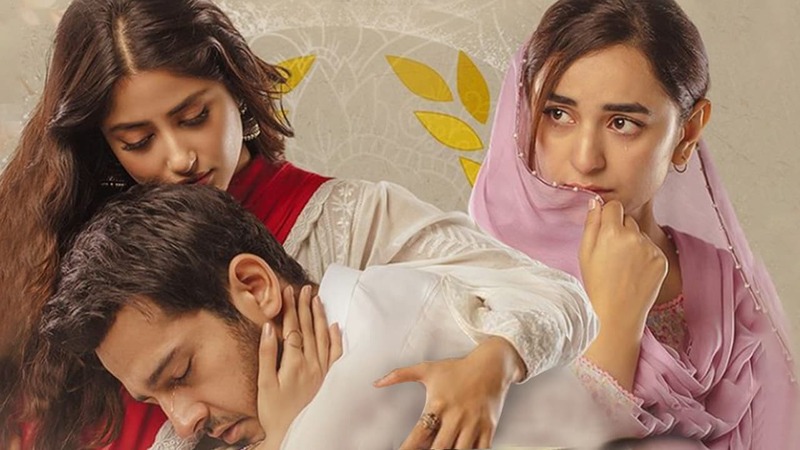
What do you think